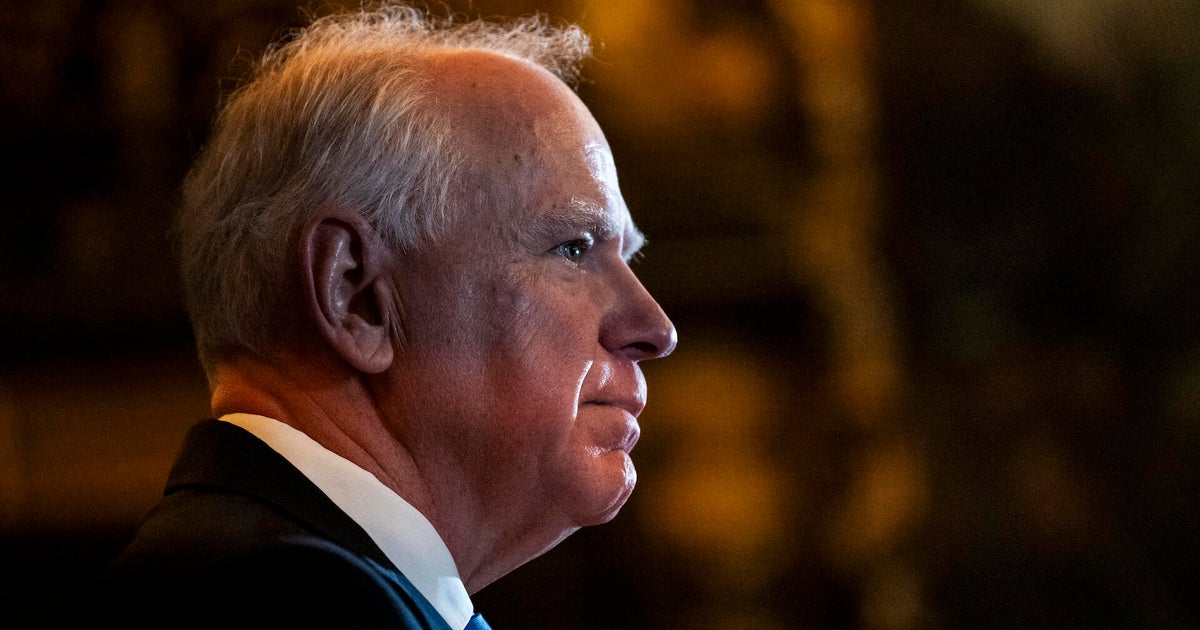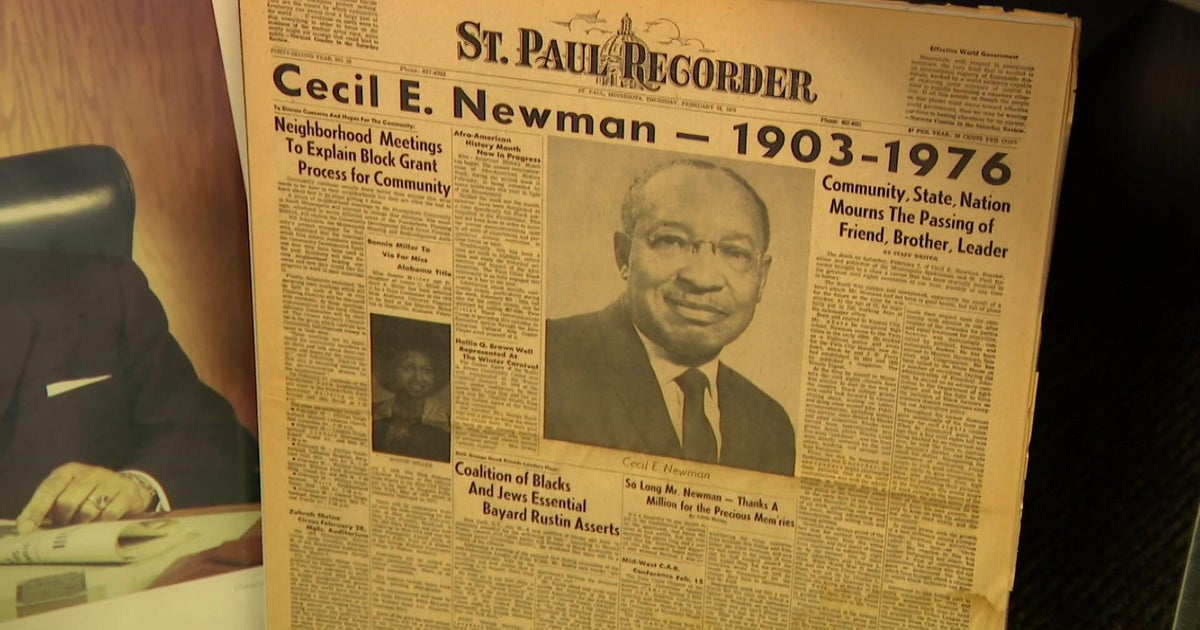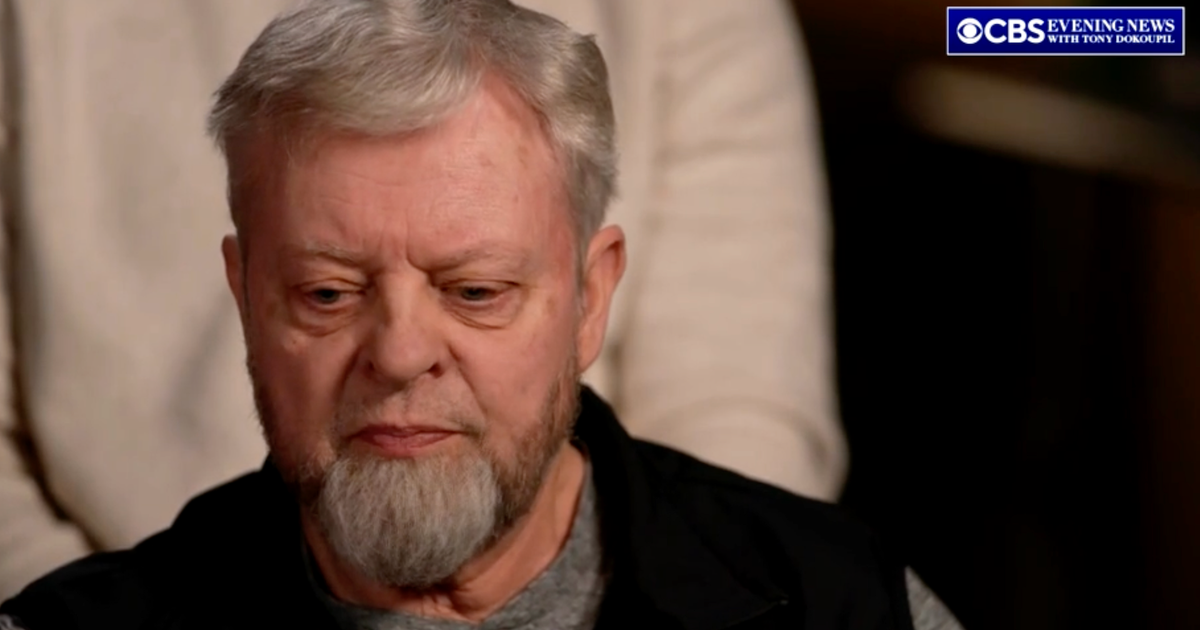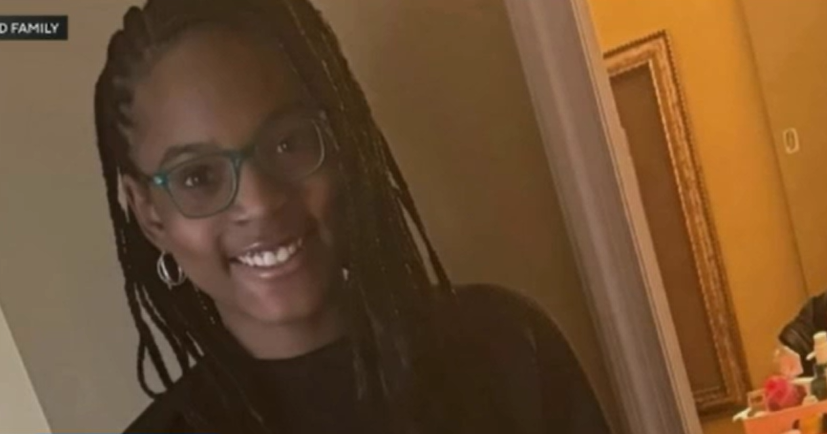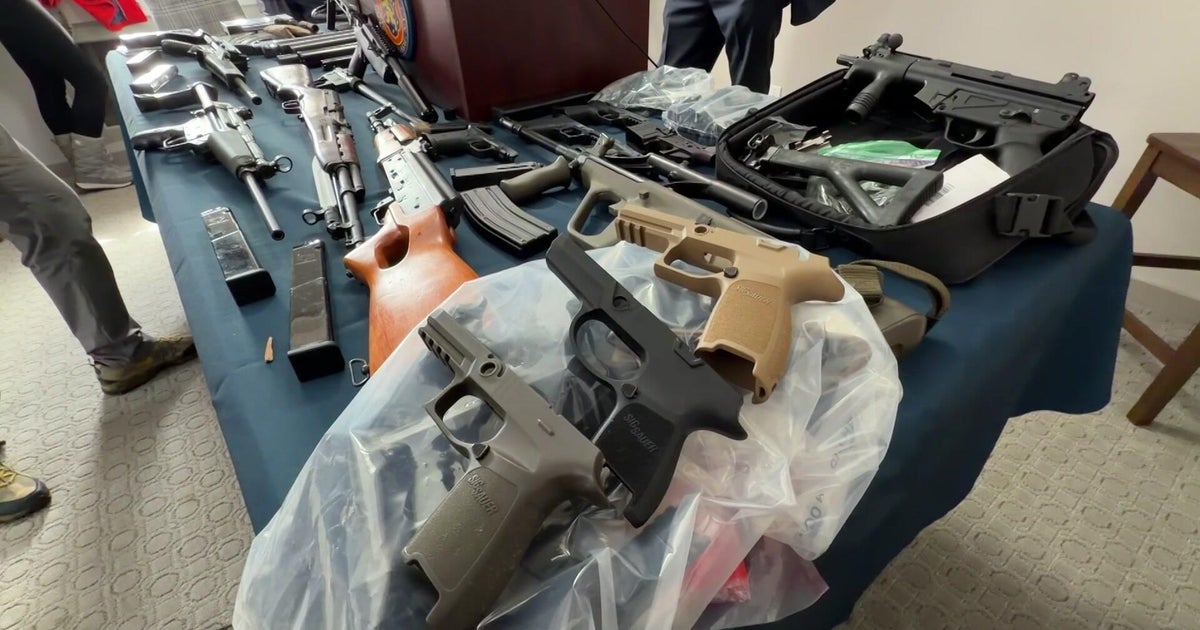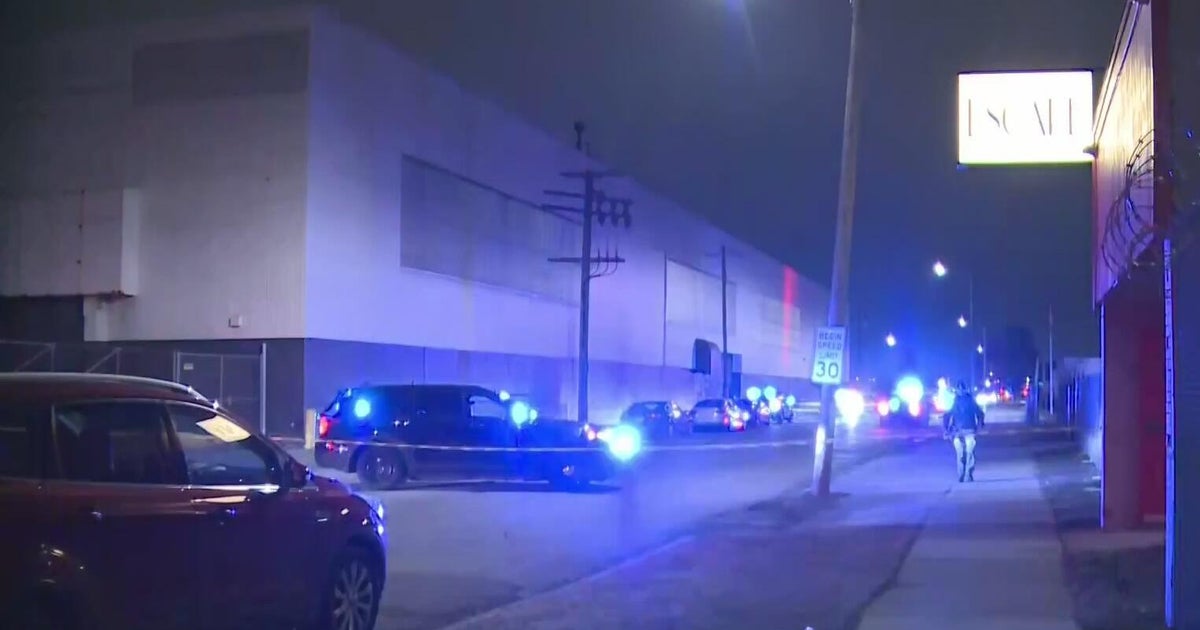Gov. Walz, public safety leaders highlight increased penalties for gun straw purchases now in effect
MINNEAPOLIS — An increase in criminal penalties for straw purchases of firearms was one of a number of new laws to take effect in Minnesota Thursday.
Gov. Tim Walz and public safety officials highlighted the changes in the punishment for straw purchases during a morning news conference in Bloomington.
"This piece of legislation we're talking about, this is born out of tragedy and results," Walz said. "We know that gun violence is way too high. We know that our children are more likely to die of gun violence than childhood illness or other accidents. And we also had a tragedy in Minnesota, several tragedies, where the gun used in those was purchased by someone else and put in the hands of someone who was prohibited from having that."
Walz also said that the new law shows a continued commitment to strengthening gun laws, including expanding background checks and establishing a red flag law.
It is now a felony to buy a gun for someone else not legally allowed to have one, which is also known as a straw purchase.
Previously a gross misdemeanor, it is now a felony punishable by up to two years in prison and a $10,000 fine. If the firearm is used in a violent crime, penalties are boosted to five years behind bars and a $20,000 fine.
"Today, we have a new tool that holds shooters and their straw buyers accountable for those gun crimes," Minnesota Bureau of Criminal Superintendent Drew Evans said.
The provision was part of a 1,400-page mega-omnibus bill that passed in the final hour of the legislative session that ended in chaos. Walz signed the legislation in late May, but held a ceremonial bill signing in June surrounded by lawmakers and law enforcement at St. Paul Police Headquarters.
Rep. Kaela Berg, DFL-Burnsville, said in June during the ceremonial bill signing that the new law will make it "easier to prosecute cases where a person has placed a firearm in the hands of a prohibited person." In 2019, then-Hennepin County Attorney Mike Freeman told a panel of lawmakers the penalty under the previous law is "insufficient," suggesting the felony crimes the office would be more likely to prosecute.
Republicans for a few years had sought to increase the criminal penalties, but this year the DFL majority endorsed it, too, in the wake of the three Burnsville officers who were killed in the line of duty in February. The shooter was not allowed to have a gun due to a prior felony conviction, and federal prosecutors have charged that man's girlfriend for illegally buying him guns.
The new law also bans "binary triggers" that can double the rate of gunfire. That provision is effective at the start of next year. Prosecutors said the Burnsville shooter's girlfriend purchased him firearms that had this device on them.

